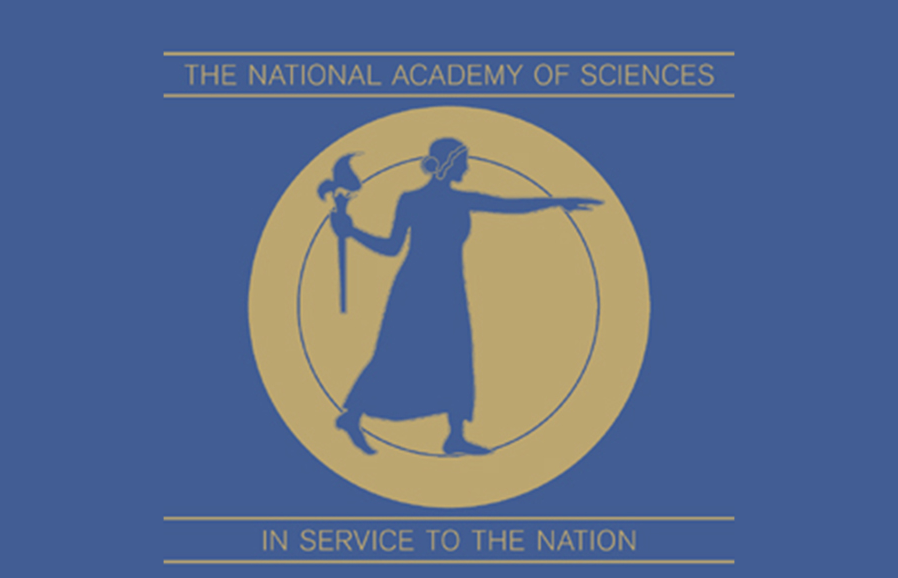APS Fellows Elected to National Academy of Sciences

Five APS Fellows, including APS Past President Henry L. “Roddy” Roediger, III, have been elected to the National Academy of Sciences (NAS) in recognition of their distinguished and continuing achievements in original research.
APS Fellows Baruch Fischhoff, Robert M. Seyfarth, and Michael Tomasello are also among the 84 newly elected members, and APS Fellow Gergely Csibra has been elected an NAS foreign associate.
Election to NAS is one of the highest honors in science, with members serving as advisors to the nation on science, engineering, and medicine. Each year, current NAS members elect a new class of scientists to join their ranks. The psychological scientists elected in 2016 included APS William James Fellows Hazel R. Markus (Stanford University) and Steven A. Pinker (Harvard University); APS Fellows Jennifer L. Eberhardt (Stanford University) and Paul Slovic (University of Oregon and the nonprofit organization Decision Research); and Nobel Laureate John O’Keefe (University College London).
Roediger, the James S. McDonnell Distinguished University Professor of Psychology at Washington University in St. Louis, has spent his career studying human learning and memory, particularly those processes involved in memory retrieval. His recent research has focused on the power of retrieval as a mechanism for improving learning and retention and the potential for applying this work to educational settings. In addition to serving as APS President from 2003 to 2004, he is a recipient of the APS William James Award for his lifetime of intellectual contributions to the basic science of psychology.
“I was surprised to receive the telephone call with the news,” Roediger said about being elected to NAS. “This is a wonderful honor.”
Fischhoff, a renowned expert on risk perception and analysis, is the Howard Heinz University Professor in the Department of Engineering and Public Policy within the Institute for Politics and Strategy at Carnegie Mellon University. He is perhaps best known for his work developing the first experiment that directly tested hindsight bias — the cognitive bias that leads people to overestimate their ability to have predicted an outcome that could not possibly have been anticipated.
Seyfarth, a University of Pennsylvania psychology professor, studies the social behavior, vocal communication, and cognition of animals in their natural habitats. His research aims to clarify the differences between nonhuman primate communication and human language, explore the adaptive value of primate social relationships, and examine the cognitive mechanisms that underlie close social bonds.
Tomasello, codirector of the Max Planck Institute for Evolutionary Anthropology in Leipzig, Germany, and professor of psychology at Duke University, takes a variety of perspectives — from developmental to comparative to cultural — to investigate social cognition, social learning, cooperation, and communication in human children and great apes.
Csibra, a professor in the Department of Cognitive Science at the Central European University in Budapest, employs various behavioral and neuroimaging methods to study how infants understand actions, social exchanges, and mental states, and also how they learn from others.





APS regularly opens certain online articles for discussion on our website. Effective February 2021, you must be a logged-in APS member to post comments. By posting a comment, you agree to our Community Guidelines and the display of your profile information, including your name and affiliation. Any opinions, findings, conclusions, or recommendations present in article comments are those of the writers and do not necessarily reflect the views of APS or the article’s author. For more information, please see our Community Guidelines.
Please login with your APS account to comment.